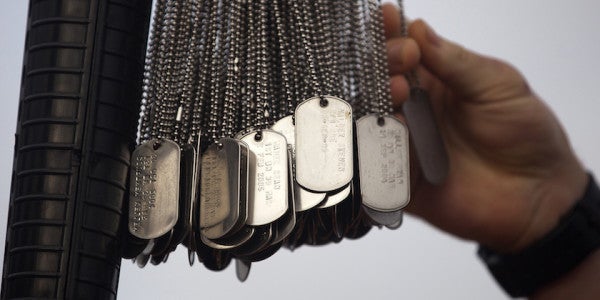It’s Time For Us To Have A Real Conversation About Suicide In America
There is a suicide crisis in the United States and it is getting worse. The problem is that no one...

There is a suicide crisis in the United States and it is getting worse. The problem is that no one wants to talk about it.
Sure, Americans are shocked and genuinely saddened when high-profile personalities, people who seem to “have it all,” kill themselves. These suicides dominate the headlines for a time. But the key question they raise is seldom asked: will we, as a country, actually hunker down and actually act to address the issue?
Suicide touches all of us, regardless of gender, race, or class. Recent studies show suicide in the United States as the second-leading cause of death among young people. In 2016, the number of suicides was almost twice that of homicides in our country. But like gun control (– and guns are the leading instruments of suicide) – and mass shootings, many acknowledge the problem, but meaningful action is rarely taken, and change, clearly, is not being achieved. A recent VA report showed that in 2015, about 67% of all veteran deaths by suicide were the result of firearm injuries.
Many of us find it natural, even easy to marginalize those who take their own lives. We often hear phrases uttered about how individuals that take their lives are “weak” or “selfish”. The truth is that a completed suicide is the manifestation of mental anguish so painful that a person feels they have no other way out. So, let’s be real: All of us struggle sometimes and sooner or later for the simple reason that struggle is a part of life.
The good news is that there are ways to get help, and talking to others is a step far easier to accomplish than bringing about sweeping gun reform. The bad news is that our society still stigmatizes suicide and, what is worse, it stigmatizes getting help when you feel depressed or desperate. For many, seeking mental health care treatment is not just frowned on, it is taboo. Mention the word suicide, and people get uncomfortable.
We have seen this problem manifest itself in the armed forces, where the veteran suicide rate is approximately two times higher than non-veteran adults. While some may be quick to attribute this to PTSD or easy access to firearms, the larger issue is that the military culture does not foster an environment for service members to get help.
In fact, most soldier suicides, whether attempted, completed, or interrupted, are not the direct result of a symptom of PTSD. Volunteering as a soldier enriches your life – at the cost of disrupting it and sometimes even breaking it. Suicide and other self-harm happen when those emotional wounds are never treated or even never acknowledged.
Over time we hope to use research and data to better understand the causes of military and veteran suicide. But a much larger question looms urgently: Is the extraordinarily high rate of soldier and veteran suicide a leading indicator of the health of our military? More broadly, is it an indicator of the health of our society?
It’s a canary in the coal mine. Veterans, like civilians, strive to find their way in this world, even as they deal with the issues that come with just living. Navigating career change, enduring distance from loved ones, coping with an infidelity or a child who is having trouble in school. These are struggles all Americans face at some point in their lives.
Unfortunately, there is no panacea for suicide. But I do think that a big piece of the answer is that we need to reduce the stigma associated with mental health care, behavioral health, and, yes, even talking about our struggles. While technology and drugs can help, simply increasing our willingness to talk through personal issues and building more personal connections among individuals will build out stronger fail-safes within our society, helping us to guard against mutual alienation, self-harm, and suicide.
If we truly want to memorialize Anthony Bourdain and Kate Spade we will celebrate the great accomplishments of their lives and use their deaths as a tool to help save millions more lives. Awareness and outreach can have ripple effects that allow others to feel comfortable about getting help.
Not everyone needs help, and it’s tough to discern who does, why, how to get it to them, and the consequences of not providing it. One thing is certain: the current system is broken.
If you’re thinking about suicide, are worried about a friend or loved one, or would like emotional support, the Lifeline network is available 24/7 across the United States. Call the National Suicide Prevention Lifeline at 800-273-TALK (800-273-8255) to reach a trained counselor. Use that same number and press “1” to reach the Veterans Crisis Line.
You can learn more about Stop Soldier Suicide at stopsoldiersuicide.org or call their toll-free Resource Center at (844) 889-5610